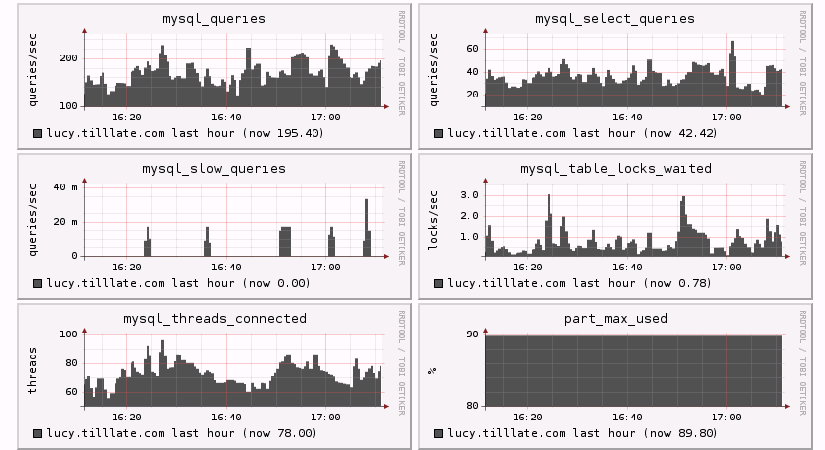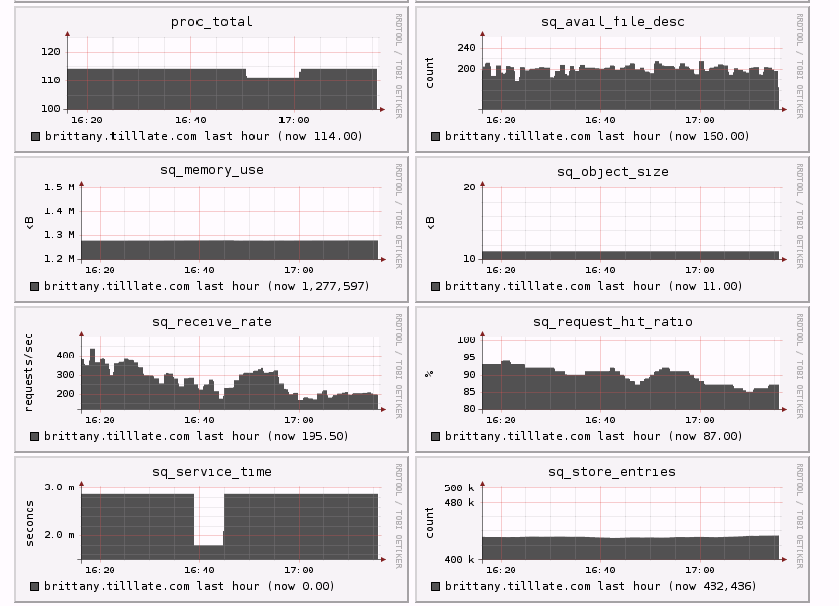We’d like to deliver great products on tilllate.com. For great products you need motivated developers. So recently, Leo, Stefan, Maarten, Mario and me did a brainstorming about “what motivates programmers”. Here are the results:
1. Offer him the best type of work
Avoid giving finished specs to your developer. Let him do the specifications himself. Let him do the technology selection. Let him define the architecture. Give him challenging tasks to do on technologies he has never used before. Keep routine and maintenance work from him (nevertheless, someone has to do those tasks).
 Busy week for the open source IT pros around Zürich: On Thursday
Busy week for the open source IT pros around Zürich: On Thursday  After a long day of meetings and other tedious manager work the perfect way to relax is to code. The best is a mini-projects where you see your results after an hour or so. I call these tasks “Plausch-Projekte” (“plah-oosh project” =”fun projects”).
After a long day of meetings and other tedious manager work the perfect way to relax is to code. The best is a mini-projects where you see your results after an hour or so. I call these tasks “Plausch-Projekte” (“plah-oosh project” =”fun projects”).

 Every few months at tilllate we play the query optimization game. At this game I use the slow query log to find out those queries the most load on the servers.
Every few months at tilllate we play the query optimization game. At this game I use the slow query log to find out those queries the most load on the servers.

 With 125 million page impressions a month and highly dynamic content, caching is essential for tilllate.com. At tilllate, we have worked with several different caching techniques. Before we used caching, we just pre-generated the data: A nightly cron job populates a database table or generates a file containing the expensive data. Usually expensive queries, like the
With 125 million page impressions a month and highly dynamic content, caching is essential for tilllate.com. At tilllate, we have worked with several different caching techniques. Before we used caching, we just pre-generated the data: A nightly cron job populates a database table or generates a file containing the expensive data. Usually expensive queries, like the  Bei tilllate ist momentan eine Diskussion zum Thema “Integration von externen Applikationen auf www.tilllate.com” im Gange. Dieser Artikel beleuchtet Kosten und Risiken einer solchen Integration.
Bei tilllate ist momentan eine Diskussion zum Thema “Integration von externen Applikationen auf www.tilllate.com” im Gange. Dieser Artikel beleuchtet Kosten und Risiken einer solchen Integration. “Ihr habt spannende Projekte,
“Ihr habt spannende Projekte, 
